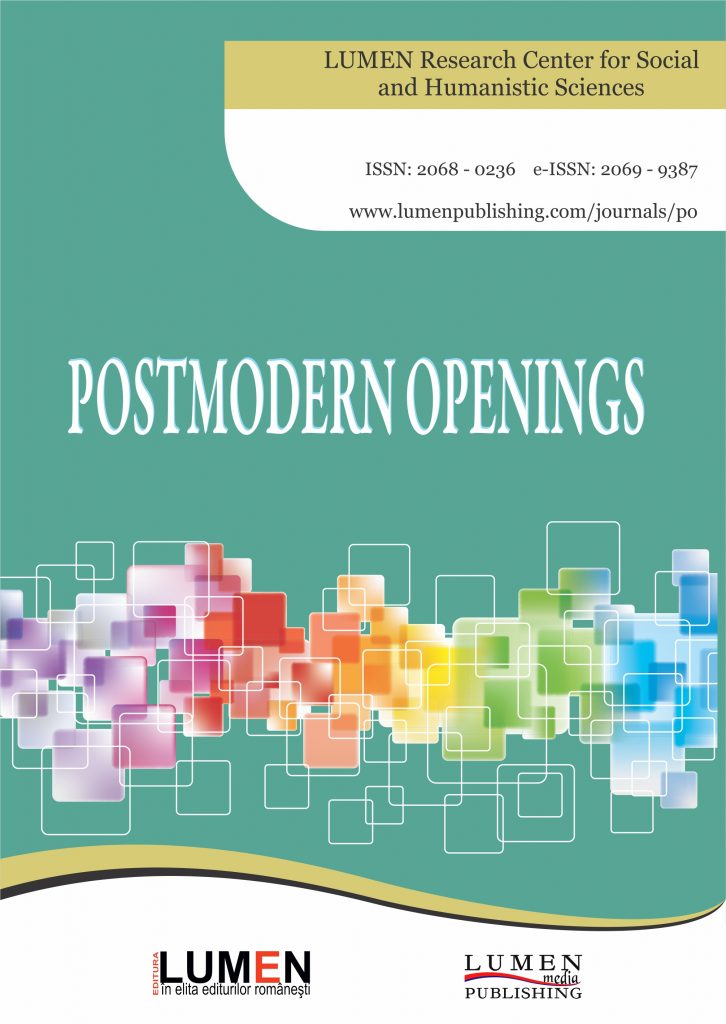Integrated System of Enterprises' Innovative Development Management Under the Conditions of Post-Fordism
Integrated System of Enterprises' Innovative Development Management Under the Conditions of Post-Fordism
Author(s): Yuliia Horiashchenko, Iryna V. Taranenko, Svitlana Yaremenko, Valentyna Shevchenko, Tetiana Mishustina, Inna KlimovaSubject(s): Economy, Business Economy / Management
Published by: Editura Lumen, Asociatia Lumen
Keywords: postfordist transformations;innovation level;social development;information technologies;innovation management;innovative activities;
Summary/Abstract: Basic tendencies of enterprises' innovative development management have been considered from the perspective of postfordist tranformations. It has been determined that mobility is a specificity of postfordist industrial management. Mobility provides dispersion of structural subdivisions all over the world, it doesn't need any governmental support and strict control. Total diversification of the kind allows to implement «high» technologies through global data revolution practically into all spheres of social life. The evolution of social relations types from feudalism up to Post-Fordism has been provided and their specifics defined. Analytical studies carried out have enabled to discover formed world innovative centres and – from global economic perspective – those of half-peripheral countries with low level of innovative development. The directions of China management of innovative development, whose combined innovation level steadily increases, have been described. It has been determined that a great many of world countries is not currently being on the postfordist stage, since an industrial labour is characteristic for them which defines their type as traditional or early industrial pre-modern. We've also found that innovation development governance at the global level through the prism of postfordist transformations manifests itself in looking for niche, strict subordination to global market mechanisms, decentralization under control of transnational corporations; at the national level: in decentration of social space and thinking, marginalization of urban population, migration; at the meso level: in orientation on consumer needs, considerable mobility of production, individualization under global standardization; at the micro level: in project approach, faster time to market, cost minimization.
Journal: Postmodern Openings
- Issue Year: 12/2021
- Issue No: 3Sup1
- Page Range: 45-60
- Page Count: 16
- Language: English

